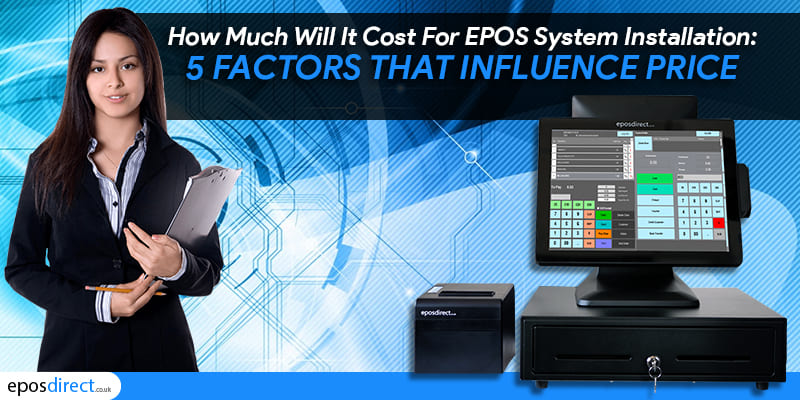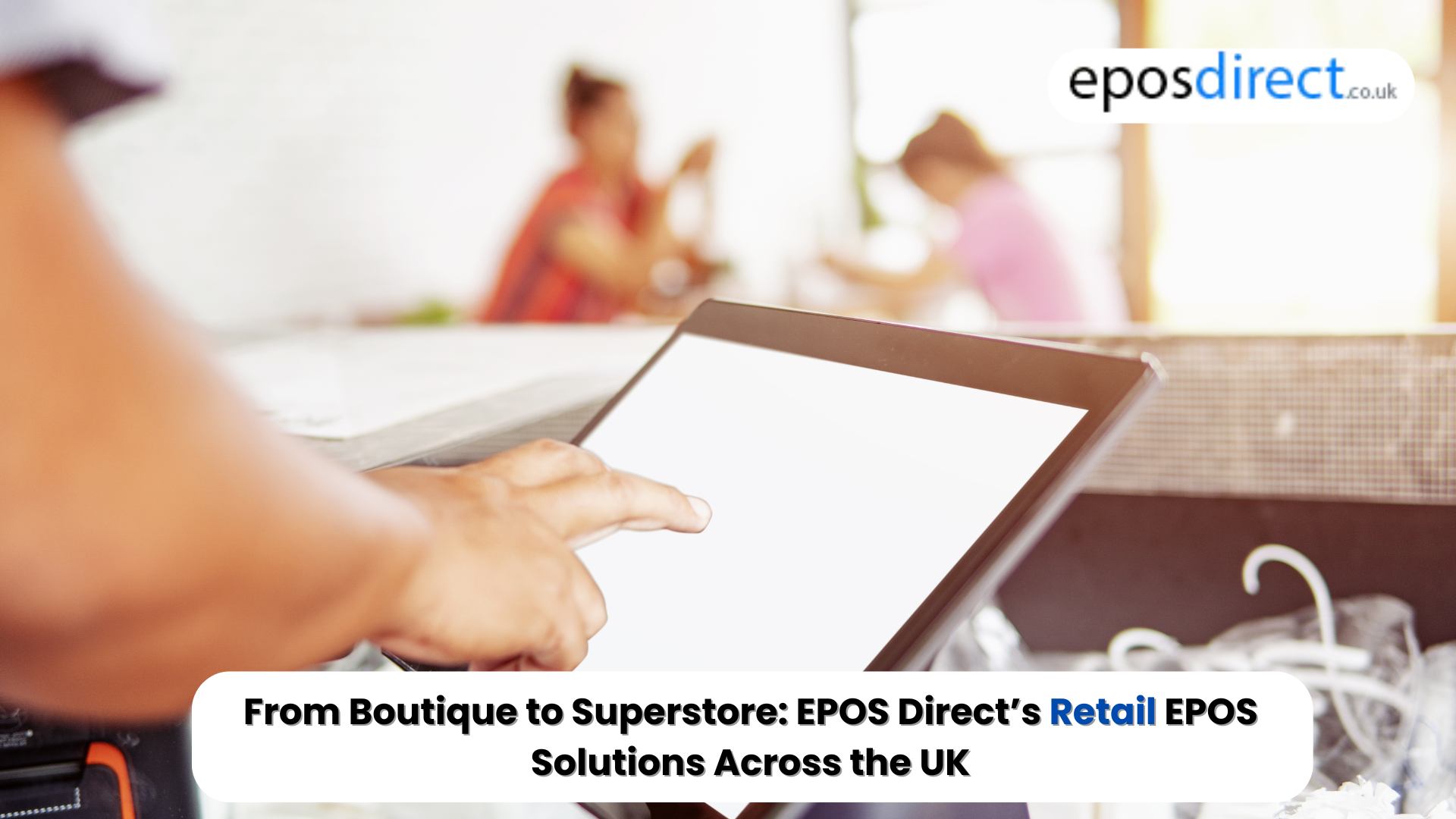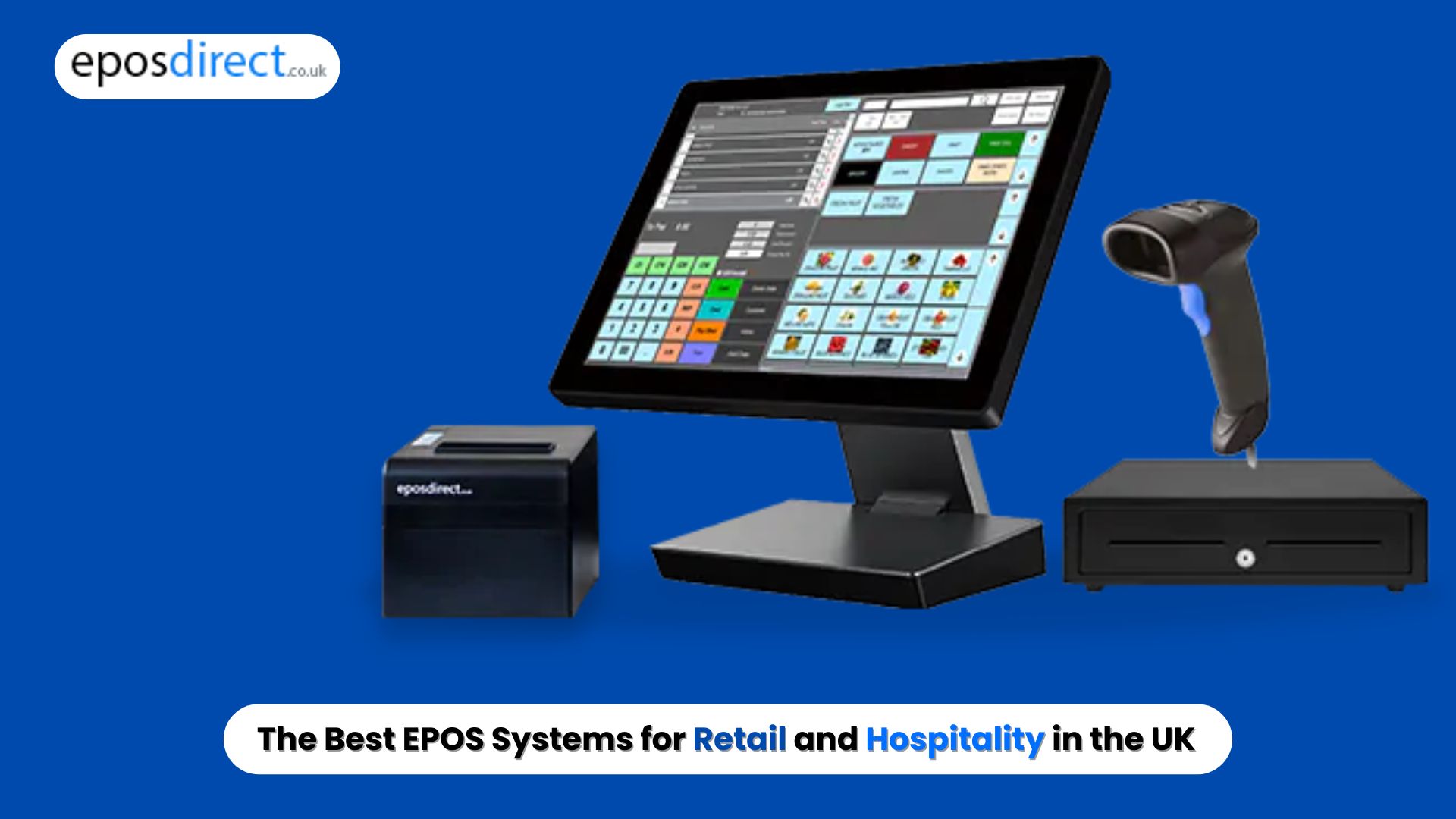We use cookies to make your experience better.
To comply with the new e-Privacy directive, you agree to the privacy policy and our use of cookies
Epos System Software Updates, Support & Service From Epos Direct

Software updates often include bug fixes, security patches, and new features that can improve system performance and functionality. Without regular software updates, your epos system may become vulnerable to security threats and may not function properly.
Therefore, it is important to work with epos system providers to regularly update their software and provide support to ensure your system is up to date and running smoothly. Keep in mind that some epos systems may require manual updates, while other epos systems update automatically. Either way, it's important to stay informed about updates and act quickly to keep your system safe and productive.
Will There Be Support And Service Fees?
Service and support fees are common to epos systems including ongoing technical support, software updates, and maintenance of your system. Some Epos system providers include these fees in their prices while others charge their fees or include different levels of support in different tiered plans. It's important to understand the service and support fees associated with an epos system before you make a purchase and make sure this is factored into your budget.
Implementation Costs
The cost of implementing a POS system can vary depending on several factors, some depend on your business, and some will be decided by the provider.
Software costs: The model that the provider follows, such as a one-time purchase or subscription, will vary. If you're subscribing, you'll want to calculate what that will cost over time and what's included in the subscription, such as how many devices it can connect to the system.
Features: The more complex the epos system, the more expensive the implementation cost. A system with more features, such as inventory management and customer relationship management (CRM), will require more setup and configuration.
Hardware Costs: Hardware costs, such as terminals, scanners and printers, can vary not only depending on how much you need but also on the quality of the terminal, which must withstand heat and water, as well as be robust to survive a busy restaurant environment.
Internet Costs: Since the hardware is connected to the system via your Wi-Fi, you will need a large-scale and reliable power supply to ensure there are no problems or delays in the processing of orders and payments.
Size of Business: The larger the business, the more expensive it is to set up a point-of-sale system. For example, a large company may need more hardware and a system with more capacity and functionality.
Integration with other systems: If the epos system needs to be integrated with other systems, such as accounting, CRM or HR, this can increase overall costs. Another factor to consider is integration with third-party providers, such as delivery apps.
Training and Support: The cost of training employees and providing ongoing support for the epos system can also affect the total cost.
The cost of implementing an epos system can vary greatly depending on these and other factors. It is important for businesses to carefully assess their needs and budget, and choose an epos system that provides the necessary features and functionality at a cost that fits their budget.







